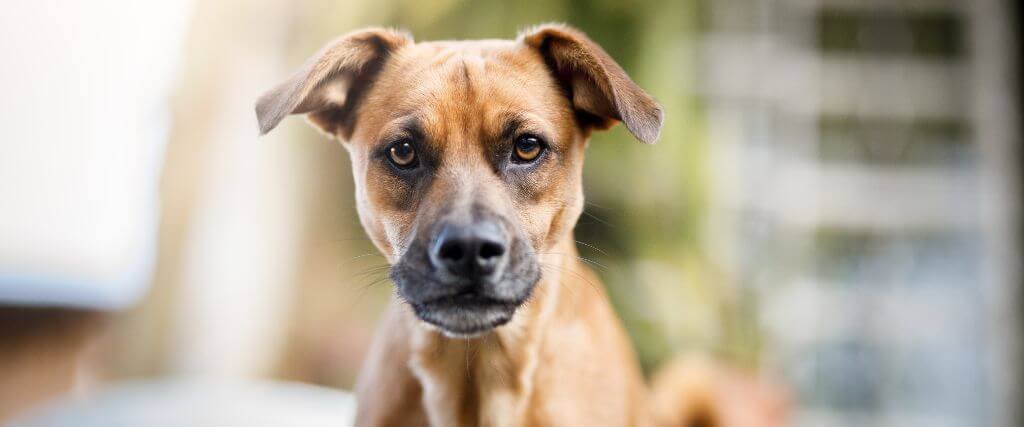

$20 "Nose to Tail" Veterinary Exam for New Clients. Reserve Your Spot Now! Learn More
Heartworm. It's more than just a buzzword you hear at your vet's office; it's a condition that could impact your dog's health and happiness for the rest of their lives.